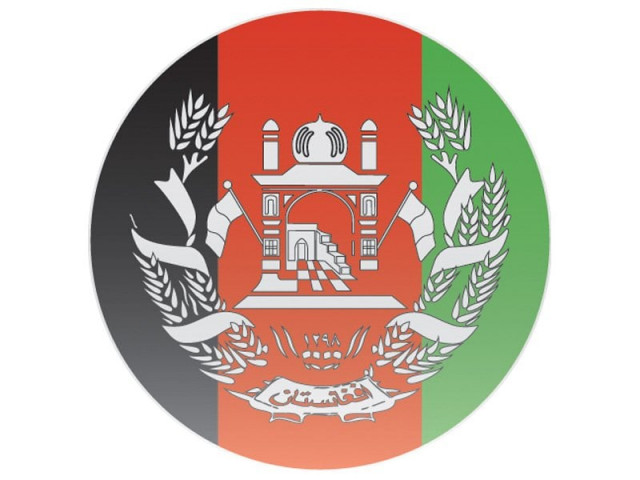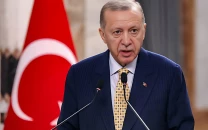Afghanistan: Independent panel asks government to crack down on corruption
Letter sent to Afghan and US presidents urges both leaders to ‘pay attention’.

The Afghanistan Anti-Corruption Network says corruption drastically increased in Afghanistan since 2001.
After Afghanistan was placed third on the list of the most corrupt countries in the world, an independent anti-corruption panel urged the US-backed Karzai government to create a special court to try corrupt officials, and to investigate and prosecute corrupt elements.
Last month Transparency International released its annual Corruption Perceptions Index on the perceived level of public sector corruption in 176 countries around the world. Once again, Afghanistan, North Korea and Somalia rank as most corrupt, with scores of 8. Afghanistan ranks 174 from 176 in Transparency International’s 2012 Corruption Perceptions Index.
The Afghanistan Anti-Corruption Network (AACN) said corruption drastically increased in Afghanistan since 2001, when the US-led Nato troops invaded Afghanistan, and has affected every aspect of life.
“Since the bell of the transition process has been heard by every Afghan, corrupt officials consider this their last chance and continue to fill their bank accounts,” AACN Chairman Mohammad Shafiq Hamdam told The Express Tribune on Friday.
The Afghan government and international community should close safe havens and eliminate the immunity system in order to provide justice, said Hamdam. They should create a special court to try corrupt officials and accusations of corruption should be audited, investigated and prosecuted under the law, he added.
“To secure the achievements and investments of the last decade, the Afghan government and the international community should not use the issue of corruption as a political slogan, but instead fight this threat honestly and strategically,” urged Hamdam.
“There is no evidence to show the Afghan government has the political will to fight corruption, instead it fights people and institutions that truly want to fight corruption,” Hamdam said in response to a question about the government’s role. According to him, the government has not taken any significant steps towards prosecution, trial and punishment of corrupt officials.
When asked about the potential impact of the 2014 withdrawal of Nato forces from Afghanistan on corruption, Hamdam said the move would reduce monetary aid, and the flow of money would be restricted in comparison with the current situation. “But by then, we will have a new government and I hope it will reform the system and reduce corruption.”
Although every institution of the Afghan government was affected by corruption, it was mostly the judicial and financial institutions, he pointed out.
“Some senior cabinet members and members of the Afghan parliament have been blamed for corruption and their cases have been in the attorney general’s office for years, but so far no action has been taken,” said Hamdam.
In an open letter addressed to President Hamid Karzai and President Barack Obama ahead of their Friday summit in Washington, AACN urged both leaders to pay attention to the issue of corruption.
The letter, seen by The Express Tribune, states the Afghan government has not successfully utilised the support of the international community and has not added to the livelihood of the Afghan people.
“Despite billions of US Dollars in aid to Afghanistan, a majority of Afghans are still living under the poverty line and corruption is considered as one of the biggest threats to the stability of Afghanistan,” states the text of the letter.
It goes on to pinpoint corruption as the main cause behind insecurity, instability, poppy cultivation, drug trafficking and the growing gap between citizens, the government and the international community. “The Afghan government and the international community should prioritise the fight against corruption and not compromise on this issue.”
Published in The Express Tribune, January 12th, 2013.


1725099588-0/BeFunky-(41)1725099588-0-208x130.webp)
















COMMENTS
Comments are moderated and generally will be posted if they are on-topic and not abusive.
For more information, please see our Comments FAQ